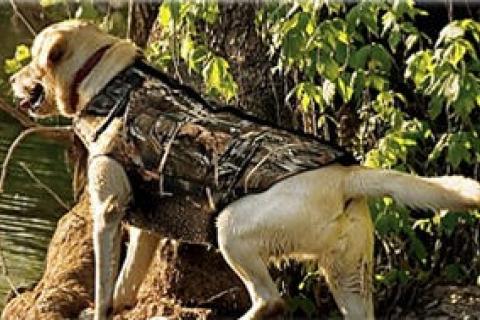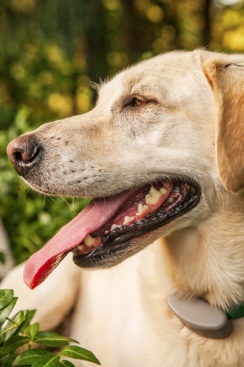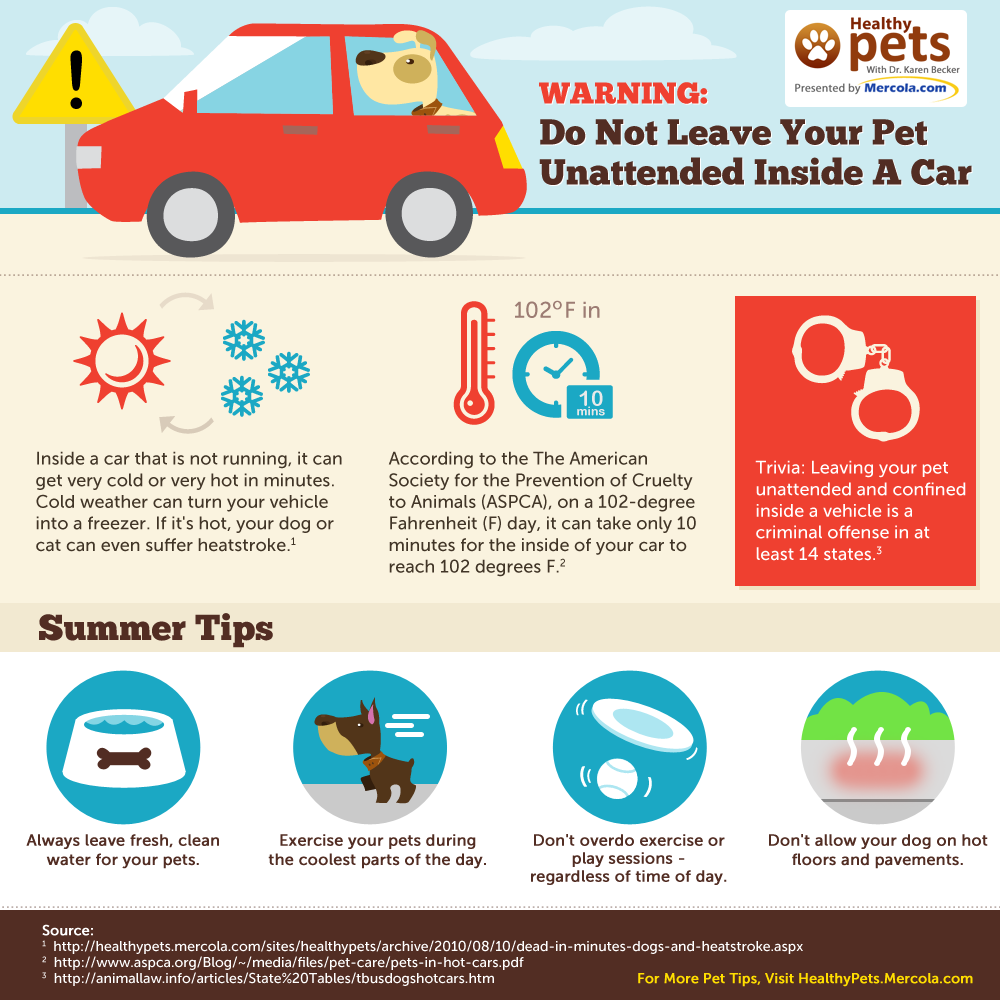
Getting the right hunting dog takes training and patience and they put in a lot of work, so make sure you help keep them safe when in hot weather.
You spend a lot of time and effort getting your hunting dog into prime form. Keeping you your dog fit through the summer will pay off when hunting season starts again. You’ll want to make sure you’re keeping your hunting companion and best friend safe from the threat of heat this summer!
So how do you keep a dog healthy while the temperatures soar?

1. Schedule a visit with the vet
All dog owners should schedule an appointment for their pet at the veterinarian to do a routine check-up and to find out if there are any special precautions they should be taking in the heat.
![]() Tip: Find more hunting dog information at 1Source News & Tips at Bass Pro Shops and search 1Source for "hunting dog"
Tip: Find more hunting dog information at 1Source News & Tips at Bass Pro Shops and search 1Source for "hunting dog"
2. Develop a summer conditioning and exercise program
When developing a summer conditioning program, you should focus on three primary areas: exercise, field work and diet. It's very important, however, that each facet of the conditioning program be geared to a level compatible with hot summer temperatures. You don't want to overdo things, or your dog will be in grave danger of dehydration and/or heat stroke. Use common sense, and avoid pushing your animal too hard.
When exercising your dog, always take along plenty of cool water for dog and handler, and take frequent breaks to get the full effect of roading sessions.
The summer energy requirement of your dog will depend on activity levels and other factors -- if he is exercising regularly, kept either indoors or outside, and if he is ill, elderly or still growing. Pregnant and lactating dogs have greater energy requirements. If your dog is less active in hot weather, you may need to reduce his food ration a little so that he doesn't become fat.
One further note: don't feed your dog when exercising during summer. Digestion generates heat. Let your dog drink and cool down first after your outing, then provide a small amount of food.
Here are additional tips, according to the ASPCA:
3. Protect your pet from burns.
While you’ll want to trim up your dog’s hair to keep him cool, make sure to leave a length of one inch to retain the sunscreen effect that the fur provides. Also keep in mind that the pads of your dog’s feet can get burned quite easily if the pavement is hot, so take a walk on the grass or wait until the temperatures drop.
5. Learn the warning signs of heat-related illnesses.
Excessive environmental heat and humidity can cause heat stroke. Signs of overheating in dogs to be aware of are:
- Heavy Panting is a sign your dog is working to cool itself
- Dehydration causes the saliva to thicken
- Excessive drooling
- Vomiting
- Production of only small amounts of urine or no urine
- Diarrhea
- Listlessness
6. Keep an eye on your hunting partner when he’s in the water.
The ASPCA warns pet owners to be on the lookout for labored panting or breathing, a racing heart, drooling, shakiness or weakness, vomiting, a fever, bloody diarrhea or collapse.
If you’re letting your dog cool off in the water, be sure to closely supervise him. If you’re in a chlorinated pool, keep your dog from drinking the water and rinse chlorine from your dog’s fur when swim time is up.
7. Don't leave your dog alone inside a car.
Never leave your dog alone in a parked car on a warm day. Leave your dog where he or she is cool, hydrated, and comfortable. According to Healthy Pets, overheating can cause death within minutes.
Graphic by HealthyPets.Mercola.com
- 7294 views


